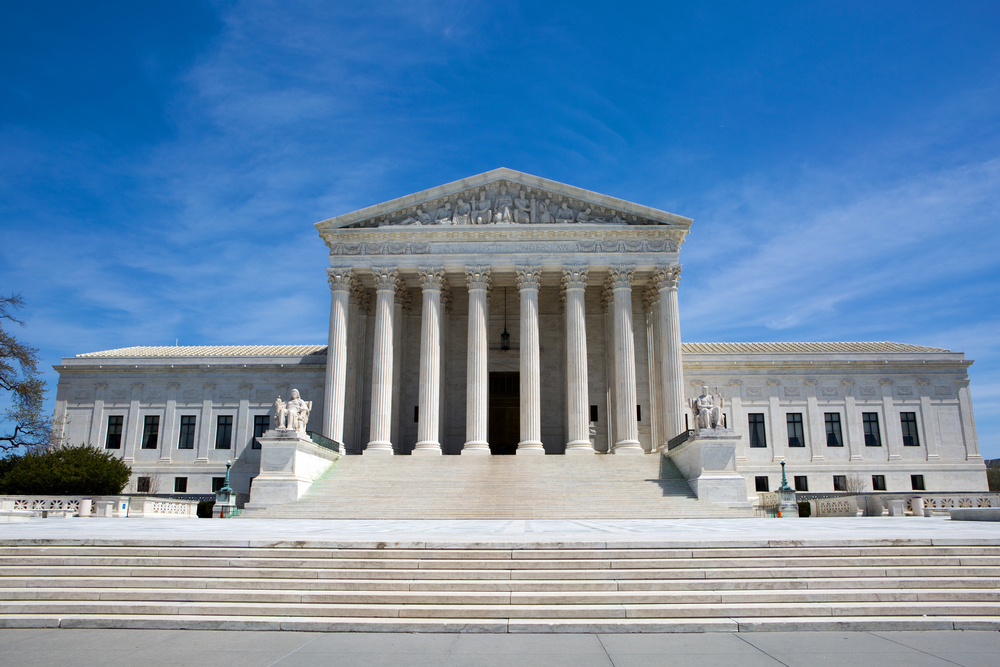
Governor Extends COVID-19 State of Emergency by 60 Days – Opportunities to Extend Certain Permits May Be Available to Associations
Section 252.363(1)(a), Florida Statutes, provides that certain qualifying permits and authorizations are eligible for an extension once certain States of Emergency are declared for the length of time the declaration is in effect plus an additional six (6) months. A written request for such an extension must be submitted to the authorizing governmental agency within ninety (90) days after the State of Emergency has expired. § 252.363(1)(b), Florida Statutes. Four types of permits and authorizations qualify for an extension under these circumstances:
- a development order issued by a local government, which includes a wide variety of local government approvals that permit development activities;
- a building permit;
- a permit issued by the Department of Environmental Protection or a water management district pursuant to Part IV of chapter 373; and
- a Development of Regional Impact’s (DRI’s) build-out date.
Governmental agencies have no affirmative obligation to take action extending the foregoing permits and authorizations pursuant to § 252.363(1)(a), Florida Statutes. Rather, the extension occurs as a matter of law in response to a written notification of intent to exercise the tolling and extension granted by the Statute. Florida Op.Atty.Gen., 2012-13, April 25, 2012.
Since the Statute’s initial adoption in 2011, and until the 2019 amendment under Florida House Bill 7103, its tolling and extension provisions were applicable to certain permits or development orders for various States of Emergency, ranging from natural disasters, the Zika Virus (Executive Order No. 17-260), the Opioid Crisis (Executive Order No. 19-36), and algae blooms (Executive Order No. 18-311). Under the revised Statute, extensions of time are only available where the State of Emergency is issued for a “natural emergency.” Although the Statute itself does not define what constitutes a “natural emergency,” the staff analysis prepared in connection with the Bill defines a “natural emergency” as an emergency that “…is caused by natural events, including, without limitation, hurricane, storm, flood, severe wave action, drought, or earthquake.” (Emphasis added.)
On March 9, 2020, Florida Governor Ron DeSantis issued Executive Order No. 20-52, declaring a sixty (60) day a State of Emergency for the entire State of Florida in response to confirmed COVID-19 (Novel Coronavirus Disease 2019) cases in Florida. On May 8, 2020, the Governor extended the COVID-19 State of Emergency another sixty (60) days under Executive Order No. 20-114. Just yesterday, July 7, 2020, the Governor extended the COVID-19 State of Emergency another sixty (60) days, until September 5, 2020, under Executive Order No. 20-166. Numerous units of local government across Florida have also enacted similar proclamations and have enacted a variety of different measures intended to impede transmission of the virus.
While there has been some debate initially as to whether the current COVID-19 pandemic would fall under the definition of a “natural emergency” to qualify for an extension under statute (as detailed in prior articles on this topic dated March 25, 2020 and May 8, 2020), on June 25, 2020 the Florida Supreme Court affirmed the Governor’s emergency powers during the COVID-19 pandemic and ruled that the pandemic constitutes a “natural emergency” within the meaning of the State’s emergency management law in the case of Abramson v. DeSantis, SC20-646, 2020 WL 3464376 (Fla. June 25, 2020)
(in which a former used-car salesman and restaurant employee challenged the authority of the Governor to issue COVID-19 related shutdown orders).
Accordingly, there is a basis on which the above referenced Executive Orders allow for a one hundred and eighty (180) day plus an additional six (6) months extension for qualifying permits and authorizations due to the COVID-19 “natural emergency,” unless the underlying State of Emergency is extended further by the Governor, in addition to any local opportunities to extend same.
If you hold permits or other authorizations in Florida and would like assistance in reviewing and evaluating possible opportunities for extension to preserve your development rights in light of COVID-19, please do not hesitate to contact Kathleen O. Berkey, Esq., AICP.


